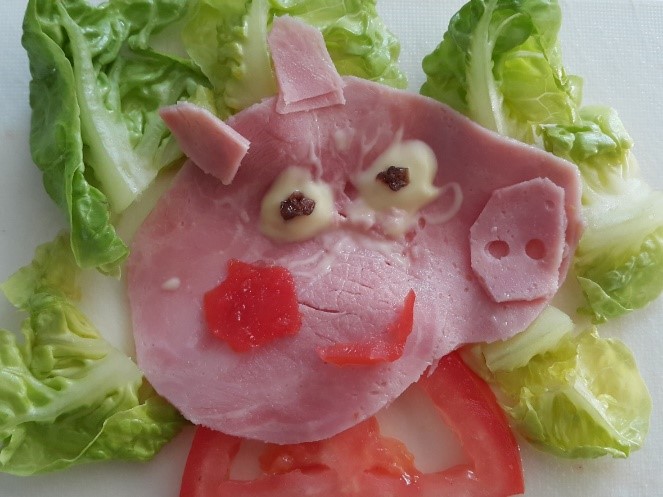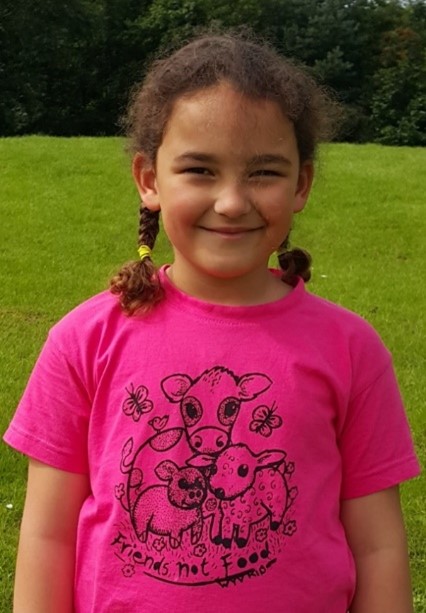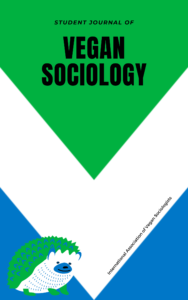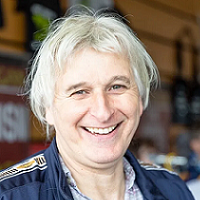On March 8th, 2021, the International Association of Vegan Sociologists collaborated with the Canadian Sociological Association and the British Sociological Association to present a panel on the peer-review process. Panelists included Dr. Corey Wrenn (University of Kent), Dr. Matthew Cole (Open University) and Dr. Rochelle Stevenson (Thompson Rivers University)
Although we originally intended this webinar to train our student editorial board for our Student Journal of Vegan Sociology, we quickly realized that this sort of training is generally lacking for many graduate students and early career sociologists. Vegan sociology is uniquely positioned to unpack the politics of peer-review. Many vegan sociologists are informed by a deep empathy for others and a dedication to compassionate communication. These ethics of care may be lacking in mainstream sociological discourses, perhaps a result of sociology’s empirical, objective, and masculine legacy.
In this webinar, the panelists emphasize that peer-review should be a collaborative effort. It should be seen as an opportunity to develop our growing field in an authentic, and mutually-beneficial way. In fields like vegan sociology, the research has important practical implications for highly oppressed populations. Therefore, it is important to also hold authors up to standard. Research must be sound to be most useful to other animals and to bring credibility to our field.
Tips for effective peer-review:
- Consider your qualifications before committing
- Commit to a reasonably quick turnaround
- Recuse yourself if there are conflicts of interest
- Assess the author’s command over the literature, counterarguments, methodology
- Do not overwhelm the author with too many demands at once
- Offer criticisms only when you have read carefully
- Offer solutions
- Highlight the strengths of the paper
- Recap the core argument
- Check your feelings; make sure you are feeling positive and well-rested
- Be warm and respectful
- Be kind, but also be rigorous
- For every limitation, find a strength
- Imagine yourself as the recipient
- Commit between 1-3 hours for review










